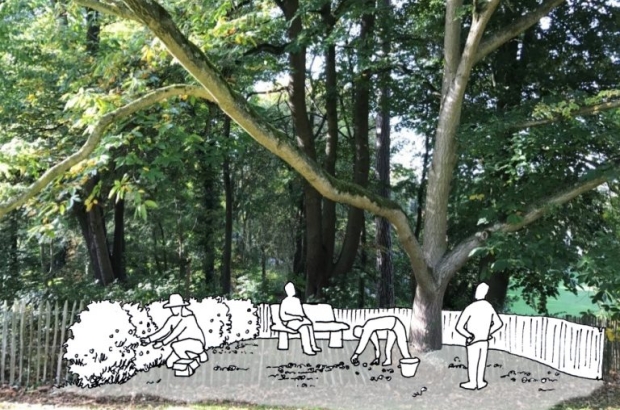- Daily & Weekly newsletters
- Buy & download The Bulletin
- Comment on our articles
Researchers aim to determine how much pollution is in Brussels-grown fruit
A research project in Brussels aims to unravel some of the mysteries behind why certain food-bearing trees are grown successfully in the city while others fail. One method will be by measuring the amount of contaminants found in fruit, nuts and berries grown in the region.
Scientists are calling on residents to participate by notifying them of any fruit or nut trees growing in their neighbourhoods so that they can take samples, reports Bruzz.
“Brussels is a city with many trees, but why are there horse chestnut trees everywhere, whose fruits are not edible, rather than ordinary chestnut trees?” ULB researcher Simon De Muynck posited in an interview with La Libre.
“In Caracas, there are mango trees all along the streets. In Seville there are orange trees. Why doesn't that happen with us?”
De Muynck is a project coordinator at the Brussels-based non-profit organisation Centre d'Ecologie Urbaine (CEU).
The centre is investigating how more food-bearing trees can be planted in Brussels. It’s also looking into how they can contribute to a resilient food system in addition to their more obvious benefits, such as providing shade and coolness during heatwaves and absorbing excess rainwater.
Research project to study pollution
Together with Velt, Bruxelles Environment and the municipalities of Uccle and Forest, the CEU is looking to study the impact of pollution on fruit trees in the Brussels region by collecting and testing samples of at least 12 species of nuts and fruits.
These include walnut, chestnut and hazelnut trees; elderberry, currant, blackberry and rosehip bushes; and apple, fig, plum, cherry and grape trees. The researchers also plan to test the soil these plants grow in for contamination.
In addition to samples from public places, researchers also want to test those from private gardens, which is why they’re calling on the public to participate by notifying them of any food-bearing plants on their property.
“We need your help because we are conducting a study to assess the contamination of certain fruits (and the soil in which they grow) with heavy metals,” reads a call to action from the project’s website.
“Have you seen one of these fruits in the public space? Do you have one of these fruits in your garden? Let us know! We will come and pick some and you will have access to the results of the analysis.”
Participants may register via an online form. After collection and analysis, the results will be announced sometime in late 2022.



















